Pope Francis on the Environment: Part II
Francis’s encyclical “Care of our Common Home” teaches that nature, society, and the holy are thoroughly interwoven realms. Harmony with God and with other humans is linked to harmony with the natural order. And the degradation of nature disorders spiritual and societal relationships. Francis says the environmental crisis, about which he accepts the verdict of science, is caused by modern society’s insatiable desire for material goods; he also states that economic interests resist efforts to correct this situation.
This kind of message does not lack for critics and doubters. Francis anticipates opposition and attempts to answer it.
Answering the Critics
Secular environmentalists charge that the Bible encourages abuse of the Earth because Genesis says that God gave man “dominion” over nature. And, no doubt, some Christians have used this text as warrant to exploit nature. This could undermine the credibility of “green” statements by popes and other Christians. However, Francis notes that “dominion,” in the biblical context, does not confer absolute power on humans. In the rest of Genesis humans were assigned the task to till and keep the world-- as stewards, not masters. Francis also notes many other biblical texts encouraging respect for the Earth, including the psalm, “The earth is the Lord’s...” (par. 67—all the paragraphs in the encyclical are numbered for reference).
Opposite the ecological secularists are those who wrap themselves in piety in order to condemn any concern for the natural order as idolatry—that is, worship of nature instead of God. Francis is clear that care for nature is a form of stewardship, not idolatry (par. 78). In fact, argues Francis (par. 90), “divinization of the earth” would make nature too sacred for rational humans even to interact with it. Christian thought “demythologized” nature, and thereby freed humans to take responsibility for nature (even employing scientific inquiry).
Those indifferent to, or denying, the crisis of nature also would oppose Francis’s encyclical, which accepts that a real crisis exists. Francis states: “The alliance between the economy and technology ends up sidelining anything unrelated to its immediate interests. Consequently the most one can expect is superficial rhetoric…, whereas any genuine attempt by groups within society to introduce change is viewed as anuisance...” (par. 54). And beyond indifference, self-interest can motivate active denial of crisis in the Earth’s natural systems (see par. 59). Francis does not shrink from controversy by attributing much resistance to facing up to the ecological crisis to economic interests.
A Protestant Comment
Bread for the World, the evangelical organization working against hunger, quotes its leader, David Beckman, in its July-August newsletter: “Pope Francis has laid out a convincing moral argument about why we must confront climate change. Especially how it impacts the poor and most vulnerable among us.” The newsletter quotes a study that “the global community will not be able to end hunger and extreme poverty without confronting climate change.” Thus, Bread for the World’s statements are consistent with Francis’s thesis that action on climate change is fully consistent with Christian faith and morality, that the wellbeing of fellow humans is critically intertwined with the wellbeing of nature, and that the time is past for blindness to the environmental crisis.
—Donald Frey, for HMC Earth Stewards
